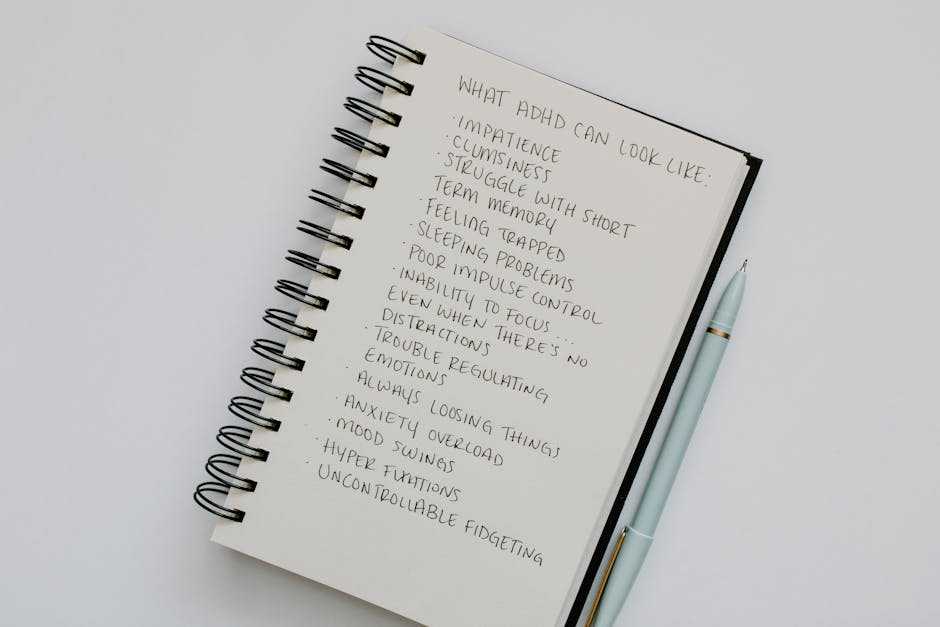Curious about how cognitive behavioral therapy (CBT) can be easily accessed through smartphone apps? In today’s fast-paced world, mental health support is just a tap away. I’ve delved into the world of CBT apps to explore their effectiveness and convenience. With just a few swipes, managing anxiety, stress, and other mental health concerns can be more accessible than ever.
As I navigate through the realm of CBT apps, I’ll uncover the benefits and potential drawbacks of using these digital tools for therapy. Join me as I dive into the effectiveness of CBT apps in providing support and guidance for improving mental well-being. Discover how these innovative solutions are reshaping the landscape of mental health care, offering a new avenue for individuals to take charge of their emotional wellness.
Overview of Cognitive Behavioral Therapy (CBT) Apps
Exploring cognitive behavioral therapy (CBT) apps reveals a transformative approach to mental health support. These digital tools offer accessible solutions for managing various mental health concerns. The benefits and drawbacks associated with CBT apps highlight their impact on reshaping mental health care practices, emphasizing the guidance provided for enhancing emotional well-being.
Benefits of Using CBT Apps
I’ve analyzed the advantages of utilizing CBT apps to enhance mental well-being, focusing on two key aspects:
Improving Mental Health
Utilizing CBT apps can lead to notable improvements in mental health by offering personalized strategies and exercises tailored to individual needs. These apps provide continuous support, helping individuals better understand and manage their emotions, thoughts, and behaviors.
Easy Accessibility
One of the significant benefits of CBT apps is their easy accessibility, allowing users to receive support and guidance anytime, anywhere. With just a few taps on a smartphone, individuals can access a range of resources, including therapy sessions, relaxation techniques, and mood tracking tools. This accessibility ensures that support is readily available to help manage stress, anxiety, and other mental health concerns.
Top Cognitive Behavioral Therapy Apps
When exploring cognitive behavioral therapy (CBT) apps, it’s essential to consider their features and effectiveness to understand how they can support mental health. Here, I’ll delve into the key aspects of two leading CBT apps, highlighting their unique offerings and user feedback.
App 1: Features and Effectiveness
In examining the first CBT app, it’s crucial to assess its features that contribute to its effectiveness in promoting mental well-being. This app typically includes interactive tools for tracking mood, setting goals, and practicing CBT techniques. By offering structured exercises and personalized strategies, users can engage in self-improvement at their own pace. The app’s effectiveness often lies in its ability to provide continuous support and guidance, helping individuals manage anxiety, stress, and other mental health concerns successfully.
App 2: User Reviews and Ratings
User reviews and ratings offer valuable insights into the real-world impact of the second CBT app. Reading through these reviews, one can gauge the app’s usability, effectiveness, and overall user satisfaction. Positive reviews often highlight the app’s user-friendly interface, helpful resources, and significant improvements in mental health outcomes. Conversely, negative feedback may point to issues like technical glitches, lack of personalized content, or challenges in navigating the app. By considering a range of user experiences, individuals can make informed decisions about incorporating this app into their mental health management strategies.
Considerations for Choosing a CBT App
Exploring cognitive behavioral therapy (CBT) apps can be a crucial step in enhancing your mental well-being. To make an informed decision when selecting a CBT app, it’s essential to consider the following key aspects:
- User-Friendly Interface: Opt for CBT apps with intuitive interfaces that are easy to navigate. Smooth usability can enhance your overall experience and make it simpler to engage with the app’s content and features.
- Personalization Features: Look for apps that offer personalized strategies and tools tailored to your specific needs. Customized interventions can significantly improve the effectiveness of the therapy and better address your individual challenges.
- Evidence-Based Content: Prioritize CBT apps that are grounded in evidence-based practices and techniques. Ensuring the app’s content aligns with established therapeutic strategies can enhance its credibility and efficacy.
- Accessibility and Support: Choose an app that provides adequate accessibility options and support services. Features like 24/7 crisis helplines or in-app support resources can offer reassurance and assistance when needed.
- Data Security and Privacy: Prioritize your privacy by selecting CBT apps with robust data security measures. Ensure that your personal information and therapeutic data are safeguarded through encryption and secure storage practices.
By considering these factors when choosing a CBT app, you can maximize the benefits of therapy and effectively support your journey towards improved mental health.


